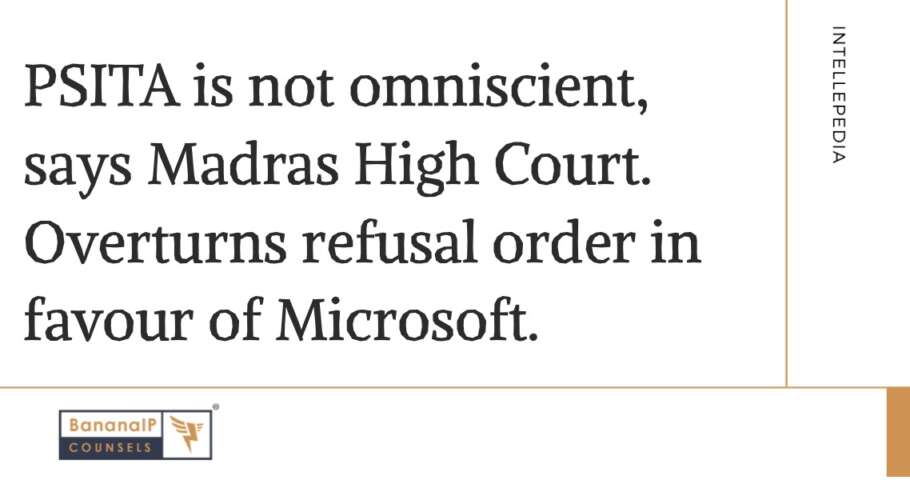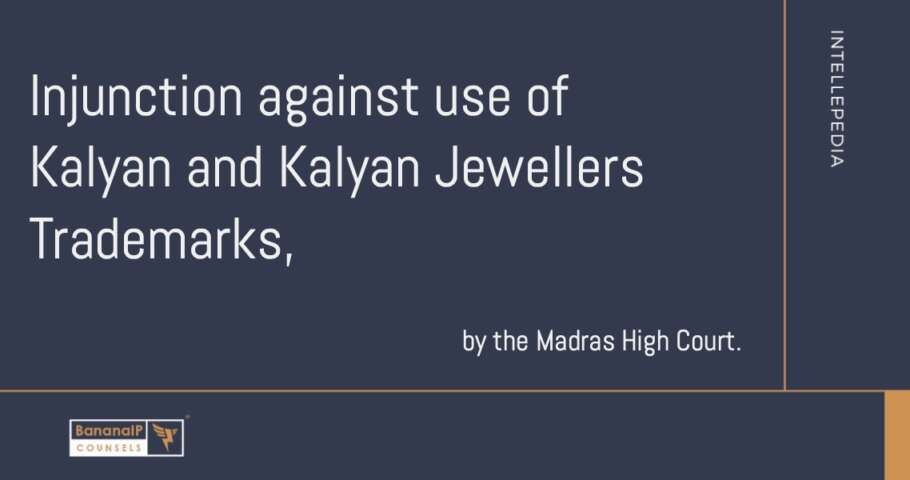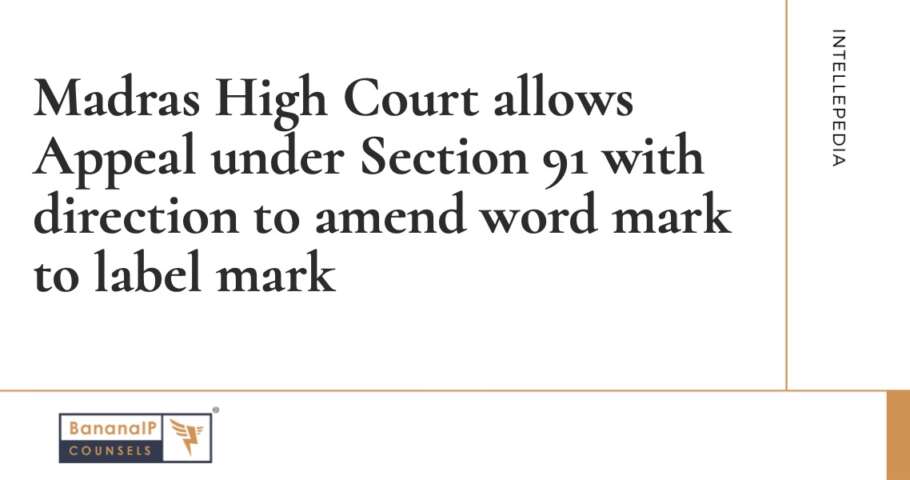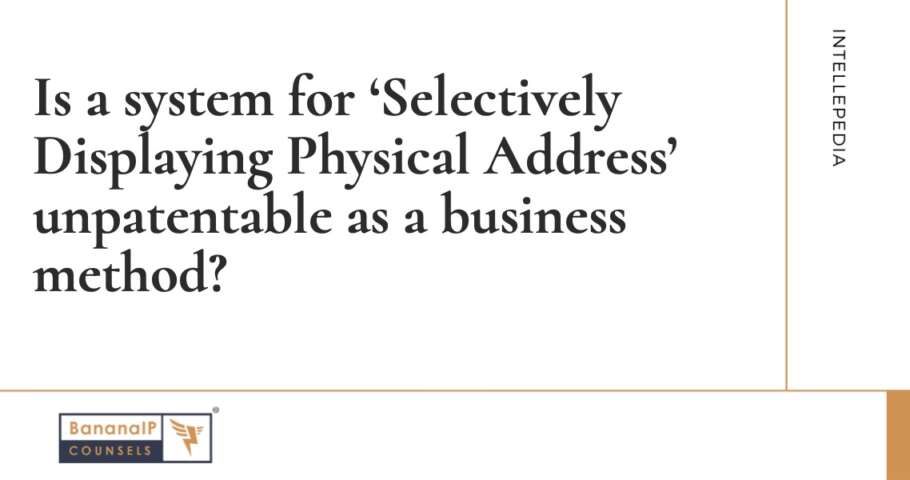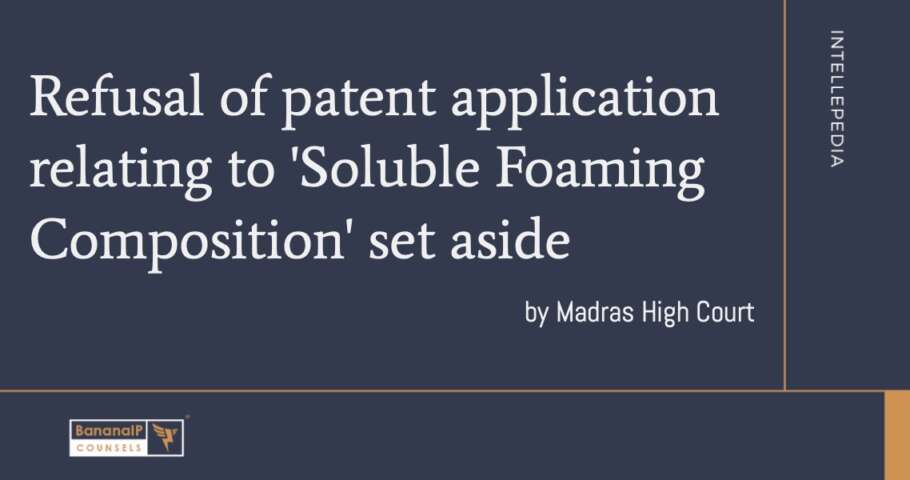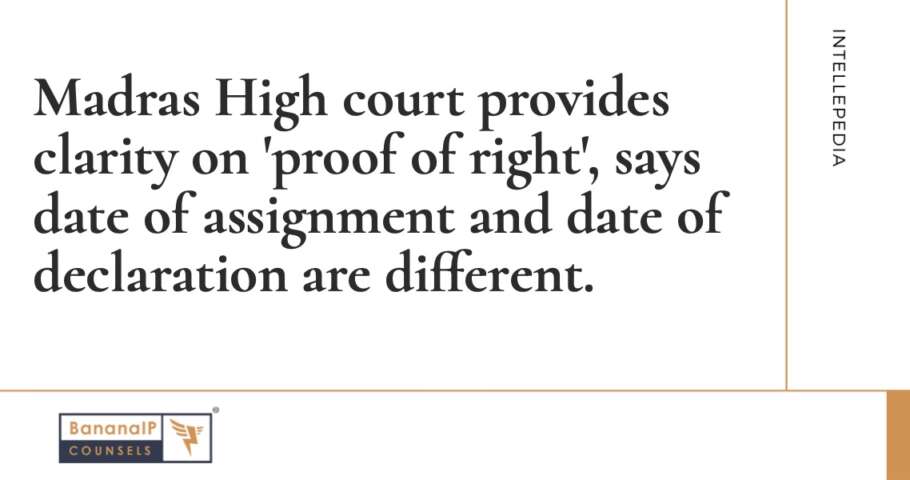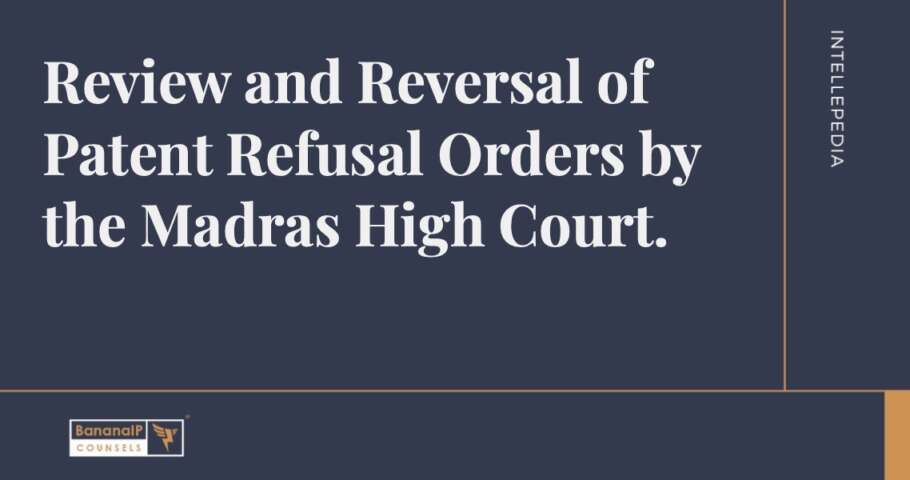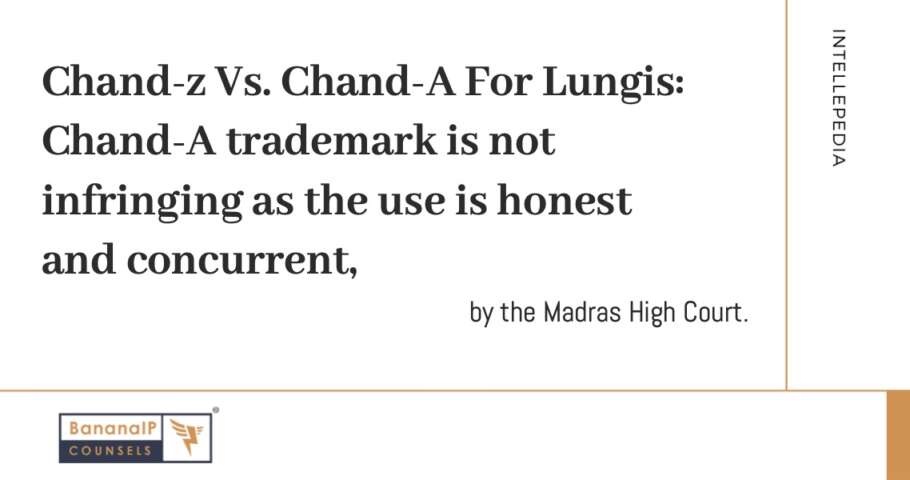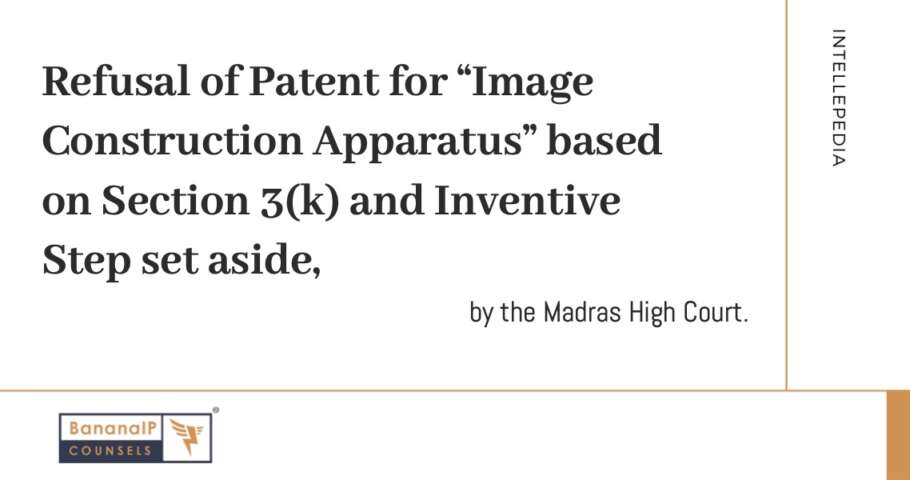The Madras High Court has overturned a Patent Office decision that rejected Microsoft’s patent application for “Message Communication of Sensor and other Data.” The Court clarified that the “person skilled in the art” (PSITA) used to assess the inventive step is not omniscient and cannot be presumed to possess the inventive solution claimed in the patent. Continue Reading PSITA is not omniscient, says Madras High Court. Overturns refusal order in favour of Microsoft.
